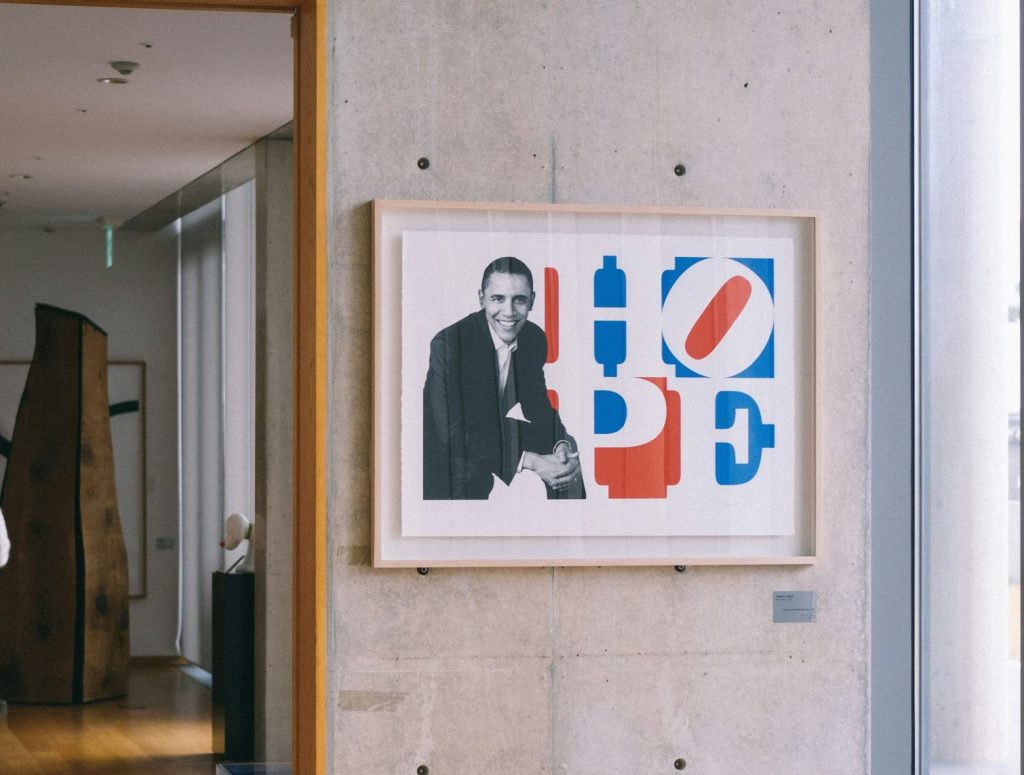Obama Administration’s second year in office

Address by Bertrand de Largentaye, former researcher at Notre Europe and current Counsellor to the Permanent Delegation of the European Commission to the OECD and the UNESCO to a group of students belonging to an engineering school in Western France on 10 December. He proposes an analysis of the Obama Administration two years after his election.
President Obama remains far more popular abroad than he is at home where his poll ratings have fallen from 62% when he took office to 45% in September. The choice of multilateralism over unilateralism is in his nature and is part of the explanation. The award of the Nobel Peace Prize remains controversial but was probably better understood in the rest of the world than in America.
He has been seeking a bipartisan approach to the problems besetting America, but his endeavours have not met with much success: the polarisation of Congress has seldom been as great as it is today. There has been a streak of opportunistic obstructionism in the Republican Party.
The administration’s agenda in 2010 was focused on implementing the main planks of candidate Obama’s 2008 campaign platform, but there were also, of course, some unforeseen events to cope with. The most spectacular one was BP’s oil spill in the Gulf of Mexico, the worst ever in America. The President reacted strongly and practically forced the oil company to put $ 20 bn aside to cover the clean-up efforts. Another consequence was that all offshore oil exploration was shut down. The drilling moratorium was only recently lifted, after the relevant legislation was tightened.
We will first see how Obama’s second year in office has been a year of achievements, after a slow start in his first year, which had left many of his supporters yearning for results, anxious to see him deliver. We will then turn to the reasons that have dented the President’s popularity, starting with unemployment. And we will close by taking a look at foreign policy, at the way the administration has gone about re-assessing America’s place in the world…




